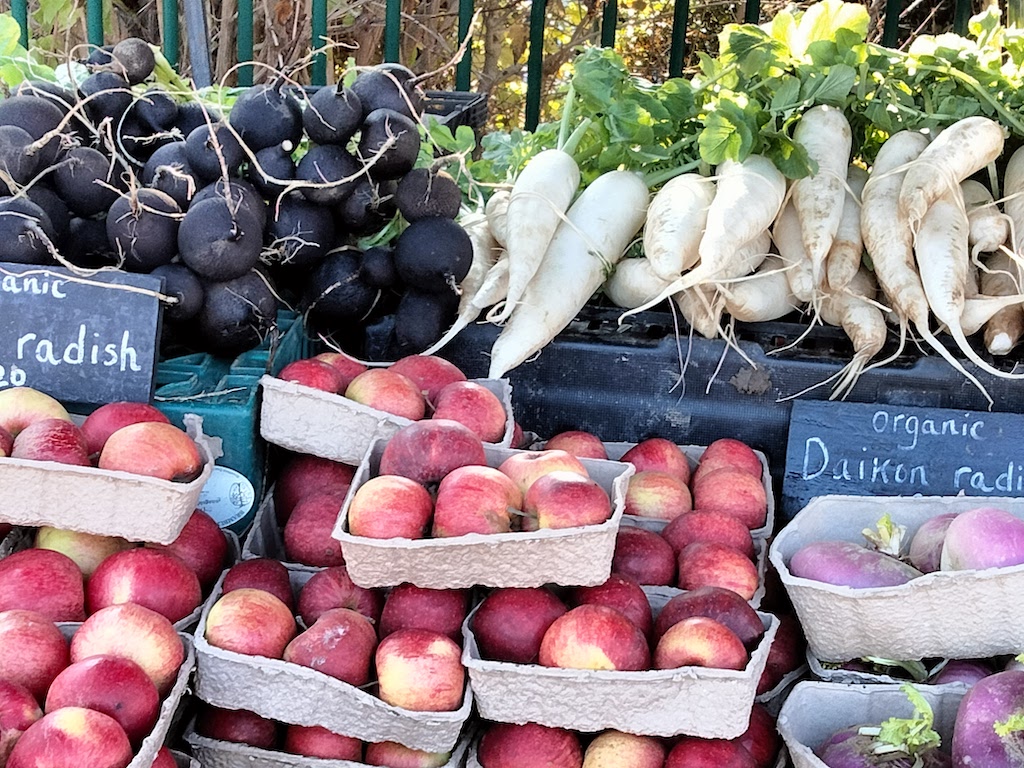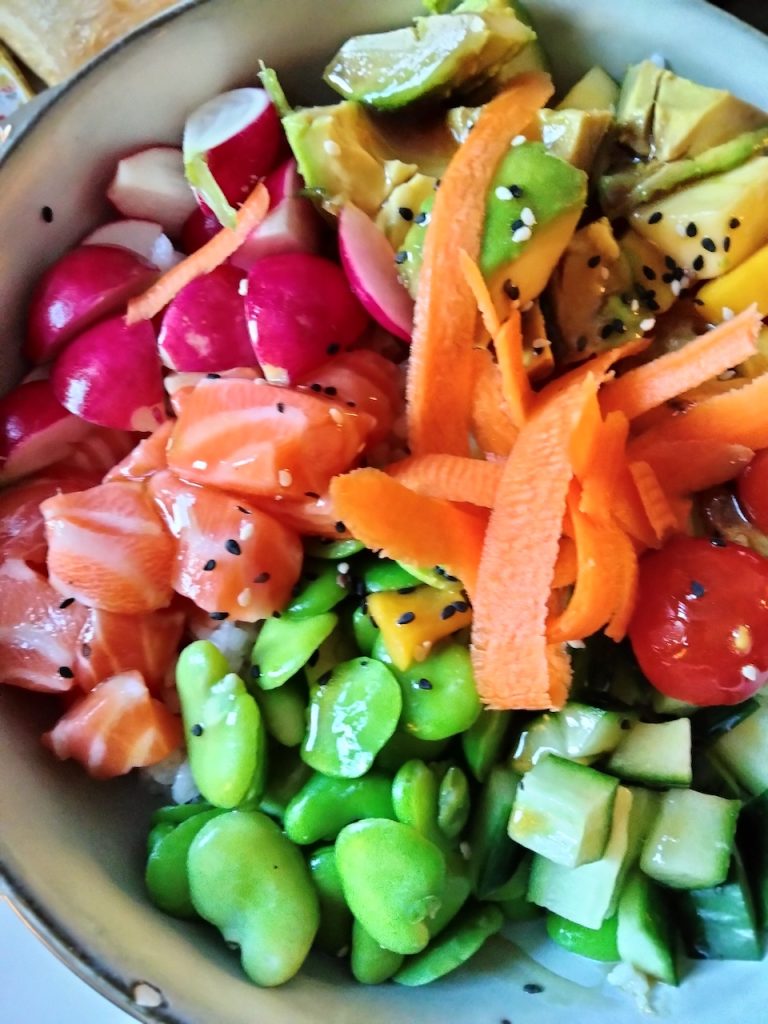Hydration for gut health
Water is essential to life and many of us don’t drink enough to stay optimally hydrated. You likely already knew that. A lesser known fact is that adequate hydration promotes a healthy environment for the growth of diverse gut microbiome. Because optimal hydration promotes laxation (going to the bathroom), it decreases transit time of waste through the gastrointestinal (GI) tract. The more quickly waste passes through your GI tract, the better. Drinking water keeps things fluid and lubricated.
Furthermore certain beverages, such as green and black tea, and kefir, a fermented yogurt beverage, directly increase the amount of beneficial bacteria in the gut. A study published in the Journal of Nutrition in 2022 studied the effect of different types and sources of drinking water on gut microbiome. Those that drank more water, particularly well water, had more diverse and numerous healthy bacteria levels. A healthy gut promotes wellness in all areas, including your immune, digestive, and endocrine systems, to name a few.









